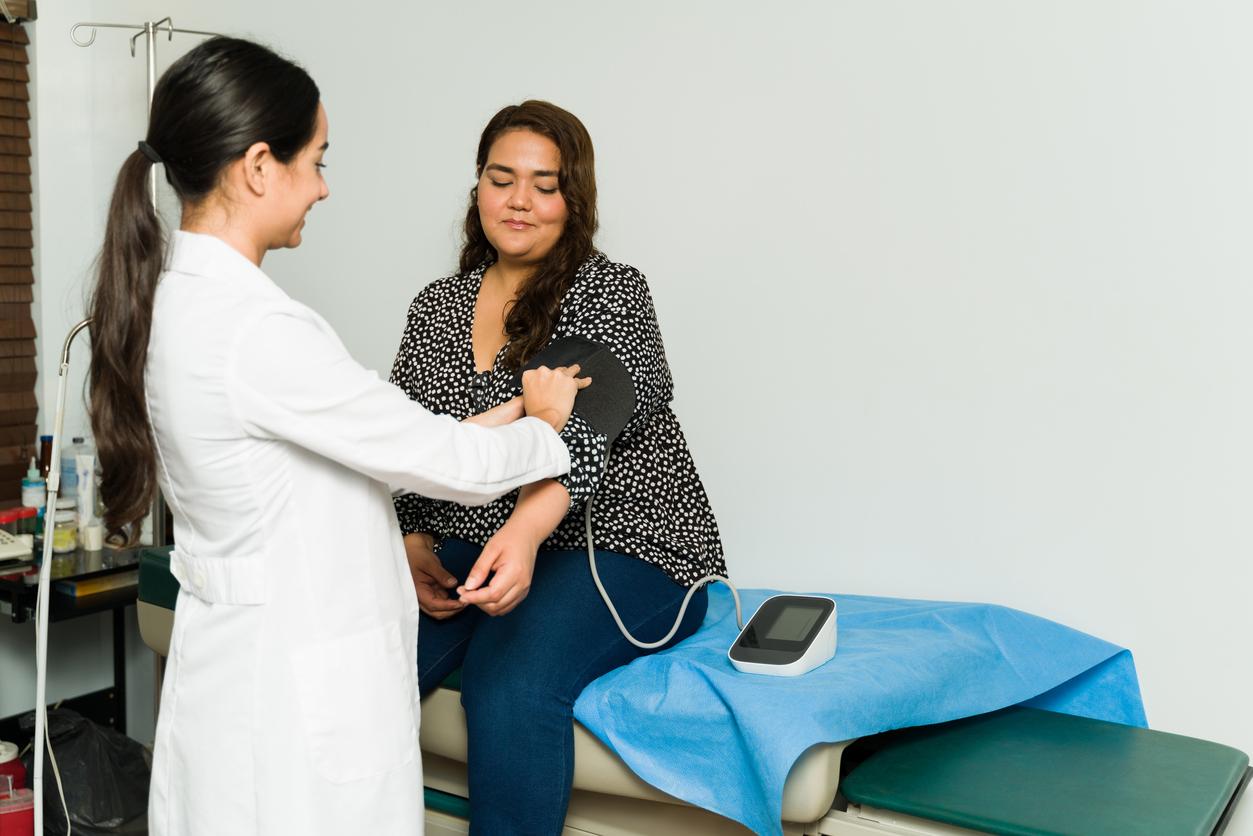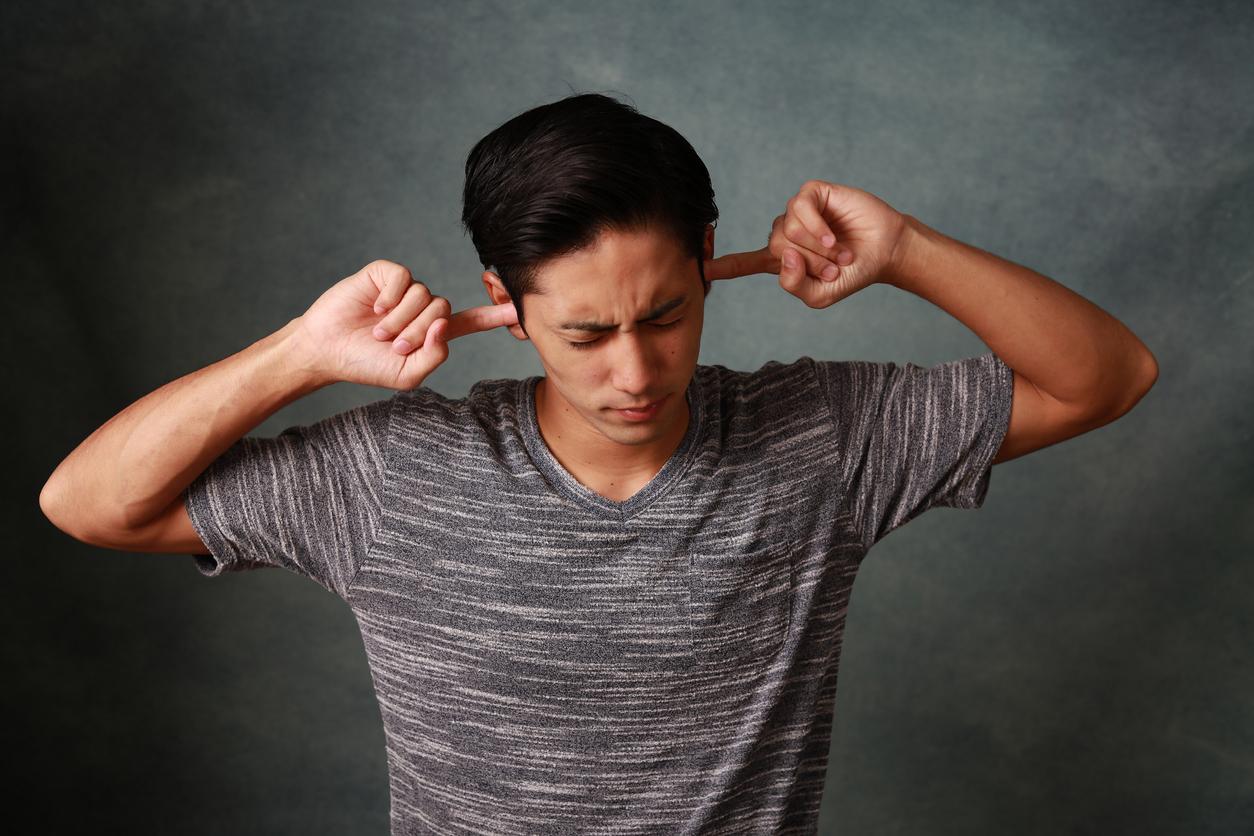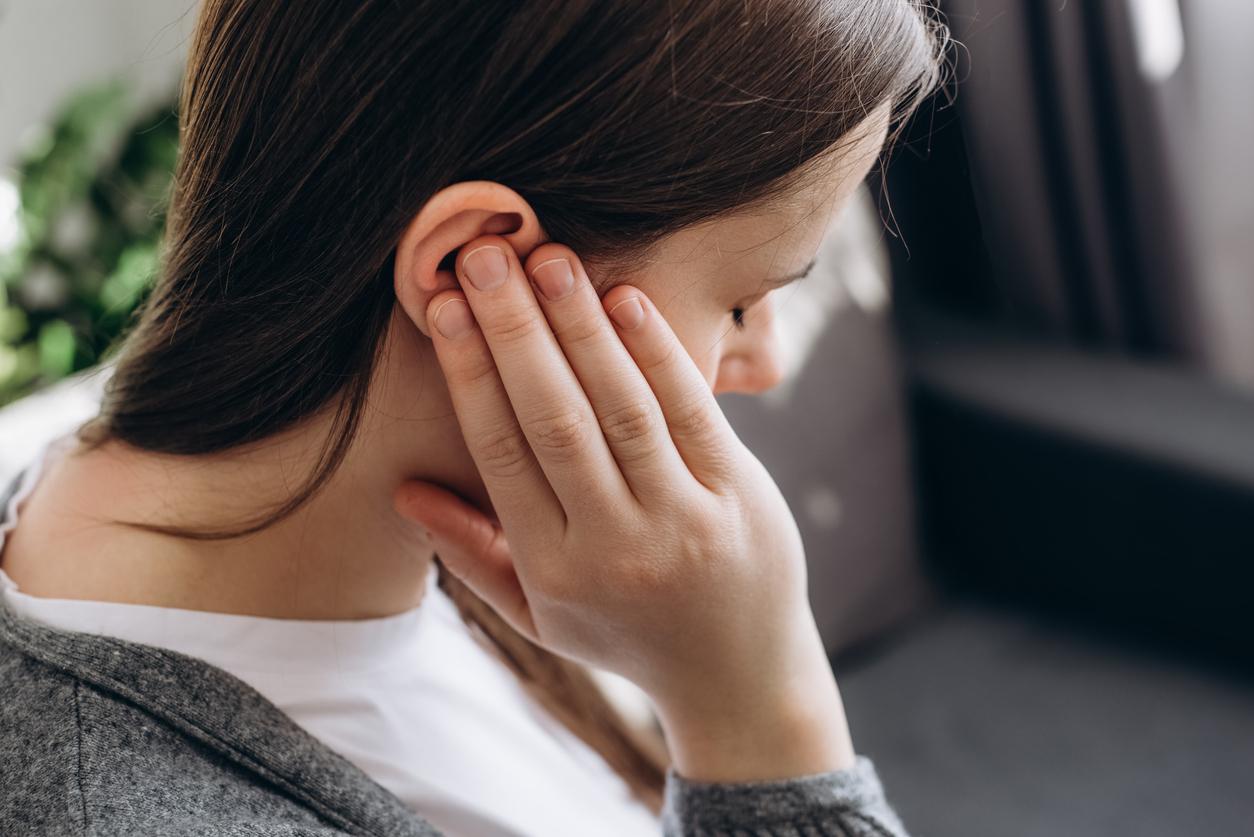
When eating sounds disgust you
You probably also give your neighbor an irritated look when he’s smacking in your ear, but for people with misophonia, this goes a step further. They prefer to grab the taster by the throat. Recognizable? These tricks can help you.
Aggression and disgust
If you suffer from misophonia, you are very sensitive to, for example, the sound of chewing, smacking, swallowing or blowing. People with misophonia often feel disgust, fear, and aggression bubbling up on hearing these sounds. Of course, misophones won’t kiss the face of someone eating an apple, but they do feel something they can’t express. As a result, they start to isolate themselves. No parties, dinners or a job with colleagues for people with this disorder. In the worst cases, misophonia can even lead to the breakdown of a relationship.
Research
The Academic Medical Center (AMC) in Amsterdam is the first hospital in the world to diagnose misophonia as a psychological disorder. The researchers do not yet know why it occurs in one person and not in another, but after years of research and treatments, they have come up with a number of possible solutions.
Solution 1: Replacing the sound
Upon hearing a particular sound, the attention of a person with misophonia will be focused on it. A tip from the AMC is to think of other sounds instead of the disturbing sound in such a case. For example, the sound of someone blowing their nose could be like a curtain being drawn or a paper tearing. Chewing an apple or crisps resembles the sound of someone walking over pebbles or through mud. Research by the AMC showed that this replacement of sound works. It led to improvement for many.
Solution 2: Attention training
In addition to replacing the sound, shifting the focus could also be a solution. During the treatments in the AMC, the patients received special attention training in which they learned to focus their attention elsewhere.
Solution 3: Relaxation Exercises
By relaxing, the disgust and aggressive and fearful reactions later in the day may decrease. However, the hospital says that this could not always be an immediate solution. Combining relaxation exercises with mindfulness training and sound replacement may well be the key to success.
Earbuds
Many people who suffer from misophonia tend to wear earplugs, but according to the AMC that will not help. Using earplugs would only exacerbate the problem and make the situation even more unbearable.

















